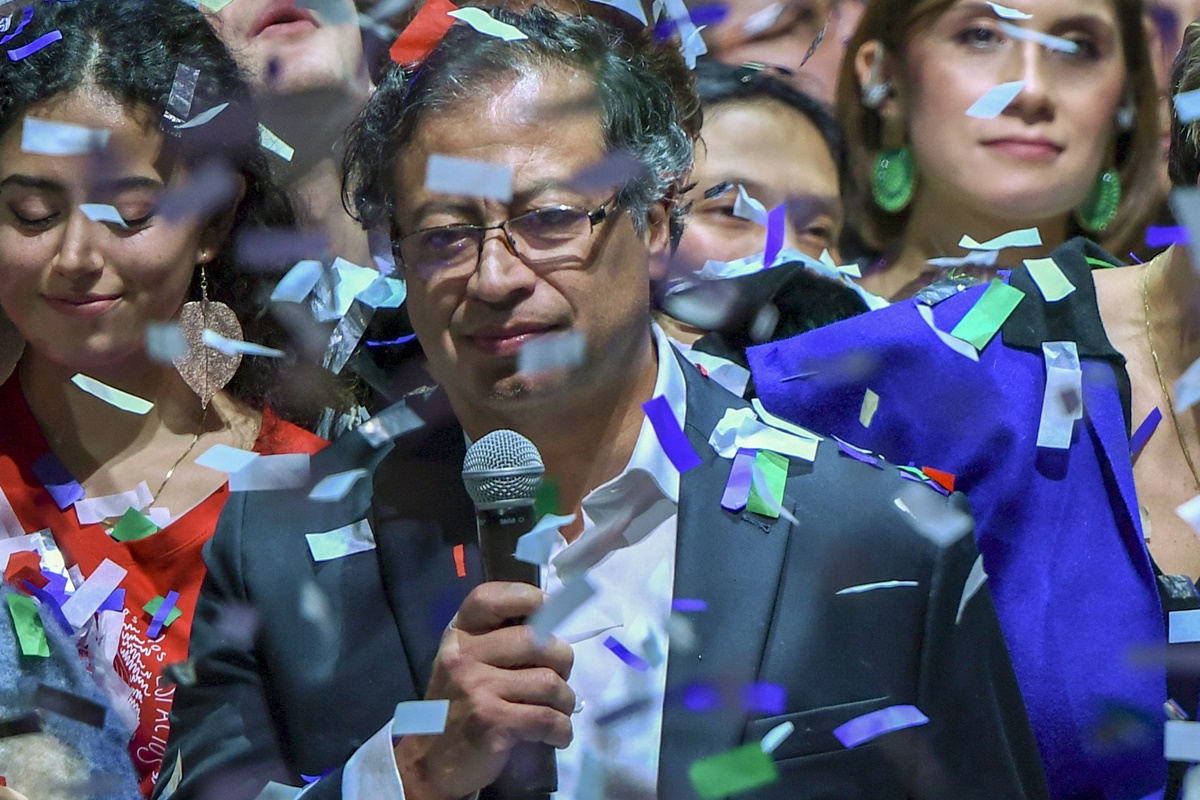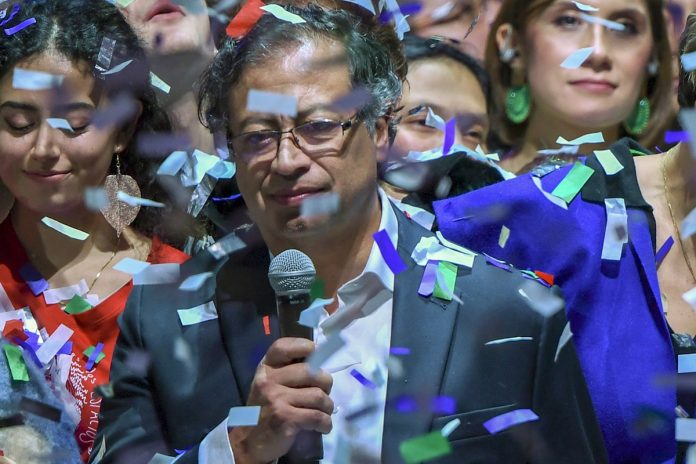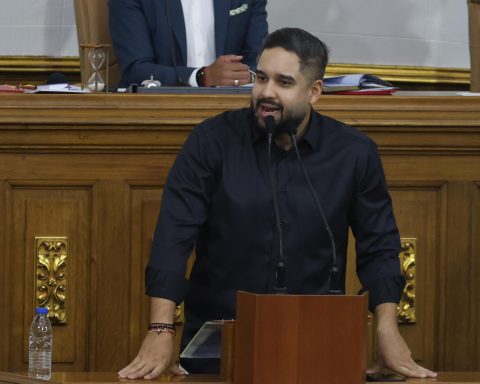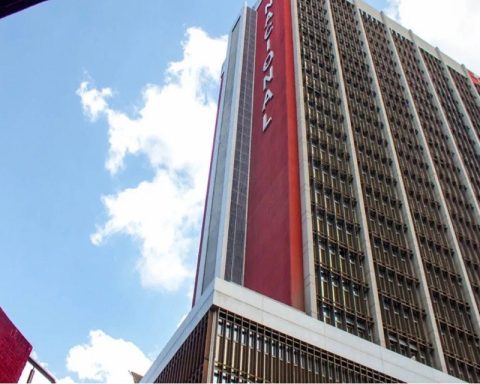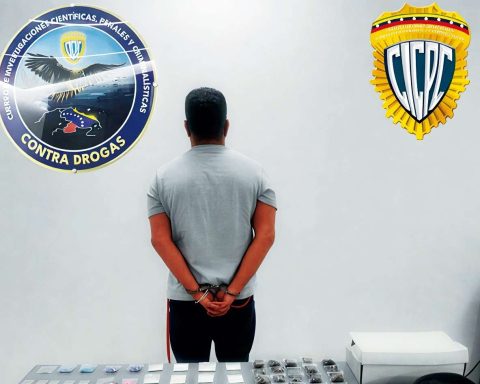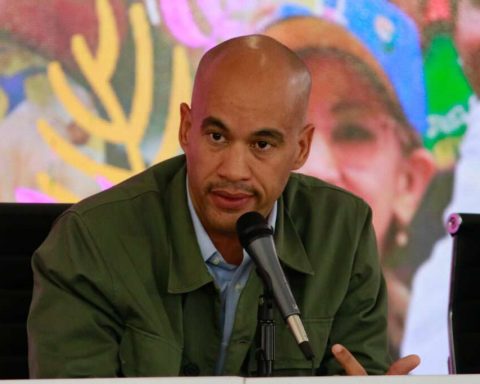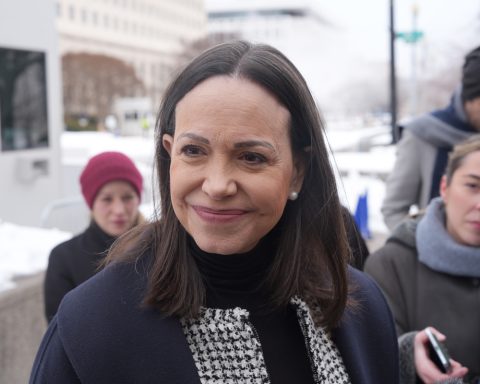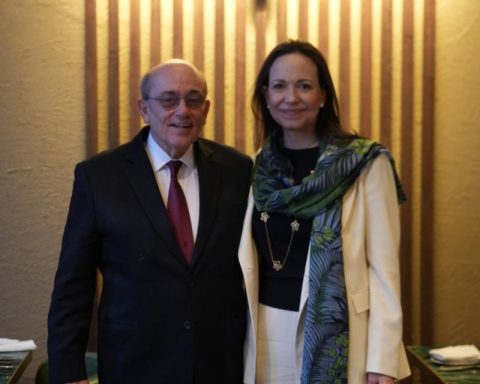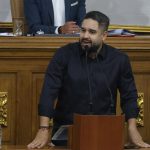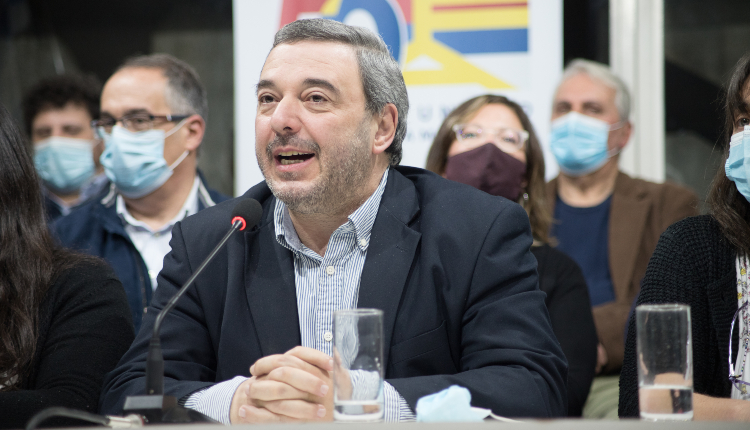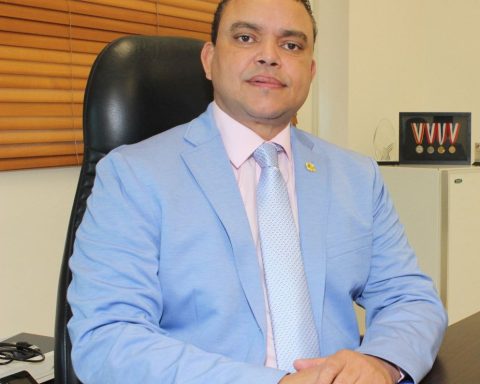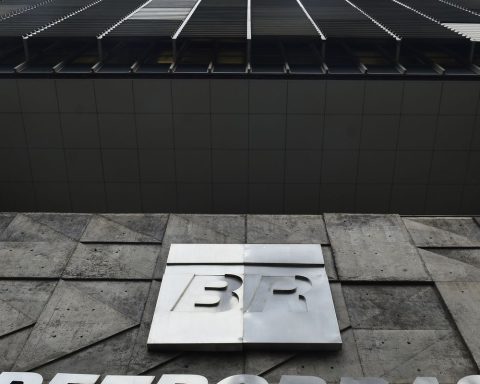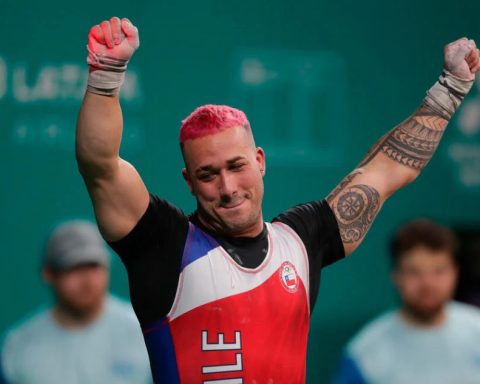The elected president of Colombia, Gustavo Petro, proposed this Sunday to stop the extradition to the United States of people who avail themselves of an eventual process of “peaceful dismantling of drug trafficking.”
In an interview with the portal Changethe first leftist to come to power in Colombia, proposed making extradition subject to non-compliance with processes of peaceful dismantling of drug trafficking.
The measure will depend on “a negotiation with the United States and maybe they don’t want it. Or yes,” added the senator and former guerrilla.
“Extradition is a bilateral treaty and then there are two, like every marriage,” emphasized the president, who will assume the reins of the United States’ main ally in the region on August 7.
Both countries have been working together for almost half in the failed fight against drug trafficking, of which Petro has been a staunch critic.
As part of his ambitious agenda to transform a country with a huge social gap and plagued by violence, Petro had announced a “collective submission policy to justice” for drug traffickers.
So far, it has not given more details about this proposal.
Extradition has been one of the main tools to punish Colombian cocaine lords like Otoniel, the former head of the country’s largest drug gang handed over to the United States in May.
Two days after winning the elections, Petro spoke by telephone with US President Joe Biden, who promised, according to him, to “a more egalitarian relationship.”
In turn, Biden assured that he hopes to “continue strengthening bilateral cooperation.”
After several decades of fighting against coca crops, Colombia continues to be the largest producer of cocaine in the world and the United States the main consumer of this drug.
